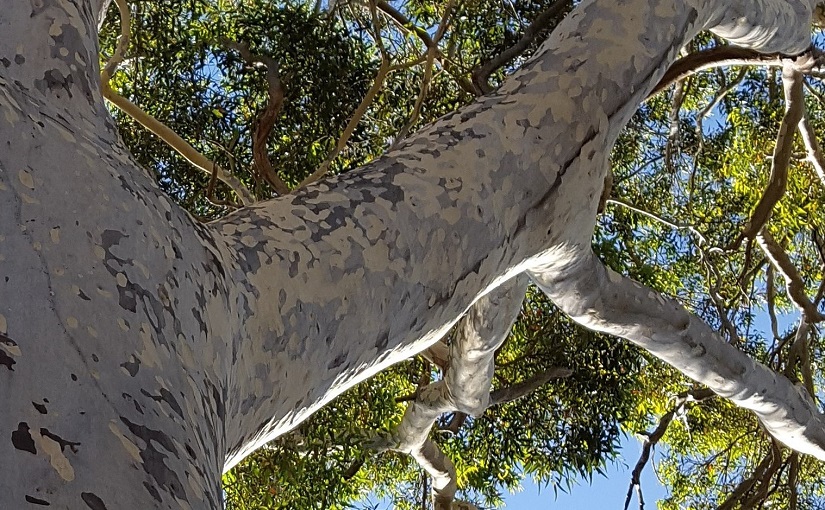In very real ways, anything with life requires ongoing involvement to sustain itself. Nothing just ticks over, there’s got to be all this activity of cleaning things up, fuelling growth and repair, supporting functions for a lifetime’s duration (Notes One). It’s true of nature and, on a tangent, for projects. It all depends on something of a plan, a vision and commitment, plus the motivation to do all that’s needed to achieve those goals.
Nature plays its part, obviously. Each living creature seems perfectly capable of fulfilling its potential and meeting its requirements, given the right conditions. Plants, birds, mosses, trees and animals need little from us to be as they are (much as we might love to intervene, shaping and redirecting their existence). Nature’s remarkably self-sufficient, provided it lives where its needs can be met and in harmony with what’s around it.
Isn’t it only once “we” reached the point of overcoming our limitations and extending our footprint on this planet that things really began to change? We stepped into this new position and began encroaching on the needs and requirements of nature: taking away or altering habitats; moving plants and animals to different locations and expecting new things of them; rearranging this natural world to meet our own “needs”.
It’s incredible, the challenge humanity brings with it. Isn’t it the case that, having intervened in so much of Earth’s life, we’re now responsible for maintaining it? Stepping in and making changes surely means it’s down to us to figure out the solutions (Notes Two). Isn’t “holding ourselves back from destruction” an important part of maintenance? Upholding the delicate balance of lifeforms, environments and conditions that promote life.
Maybe what I’m getting at is the interplay of nature: how everything’s interconnected in this ongoing state of growth and development; the roles that we all have to play in that; the power of some and vulnerability of others; the responsibility that comes with those positions of power. Doesn’t this “because we can” attitude that often seems to be guiding human progress inevitably carry along with it the burden of understanding?
Our cleverness perhaps naturally gives rise to important questions about our wisdom. We involved ourselves. We crossed a line at some point and began redirecting nature for our own ends. We’ve been taking what we wanted and pushing ourselves ahead, often at the cost of nature – making it dependent on us, disrupting natural development, causing it to suffer so we can grow, expand our numbers, fuel all our activities and so forth.
Of course, “we” are also alive and have a lifestyle that needs maintaining (Notes Three). Nature, though, seems to take only what it truly needs; we seem more inclined to overdo it, perhaps seeking to fill our desire for meaning through the consumption of all this material. Human nature’s funny in that we seem to be saying that both nature and our own kind must compete with “us” in this fight for survival. Where does such thinking lead?
Notes and References:
Note 1: Some thoughts about ‘life’
Note 1: The beauty in home economics
Note 1: Nature speaks in many ways, do we listen?
Note 1: Detaching from the world around us
Note 2: Problems & the thought that created them
Note 2: Doing the right thing, we erase consequences
Note 2: Any escape from cause & consequence?
Note 2: Passivity, or responsibility
Note 3: What’s not essential
Note 3: Where do ideas of evolution leave us?
Note 3: Having a sense for being alive
Note 3: Imagining another way?

